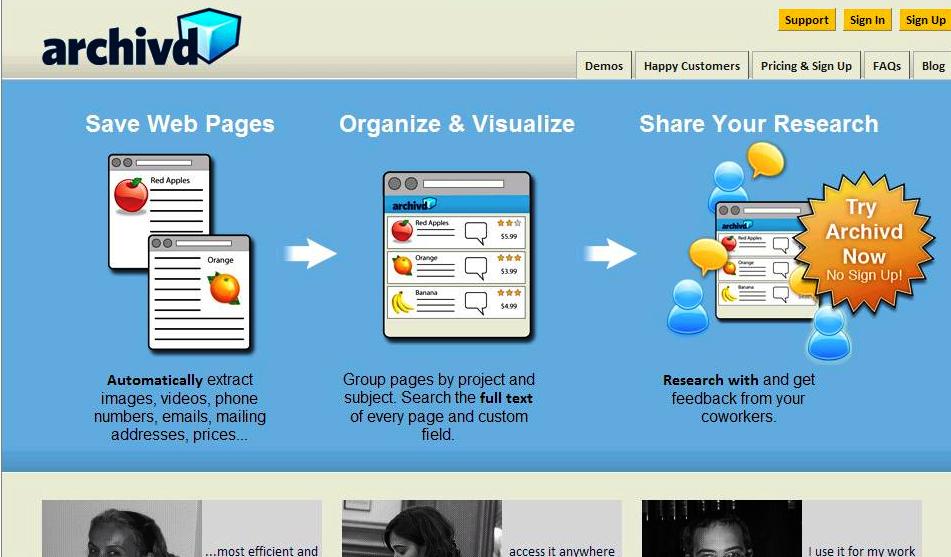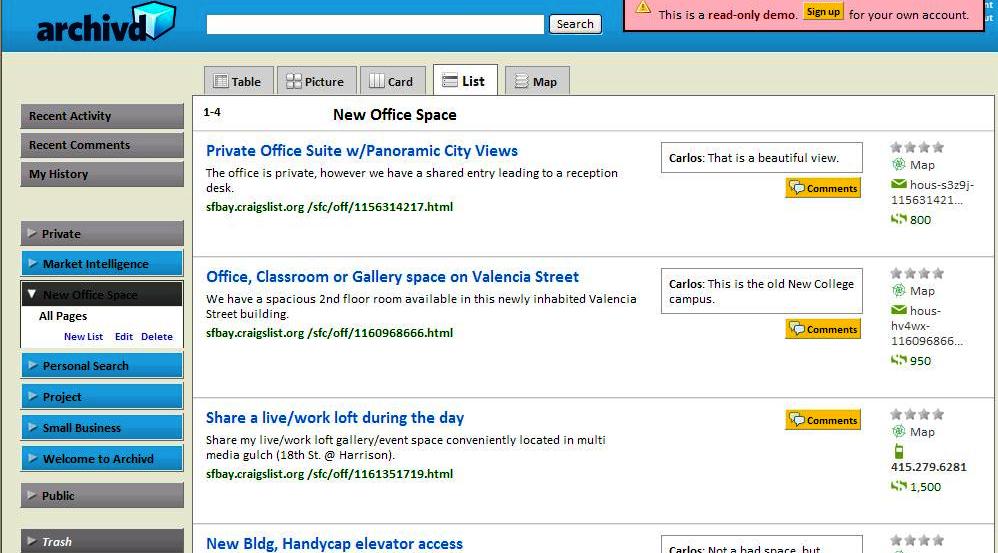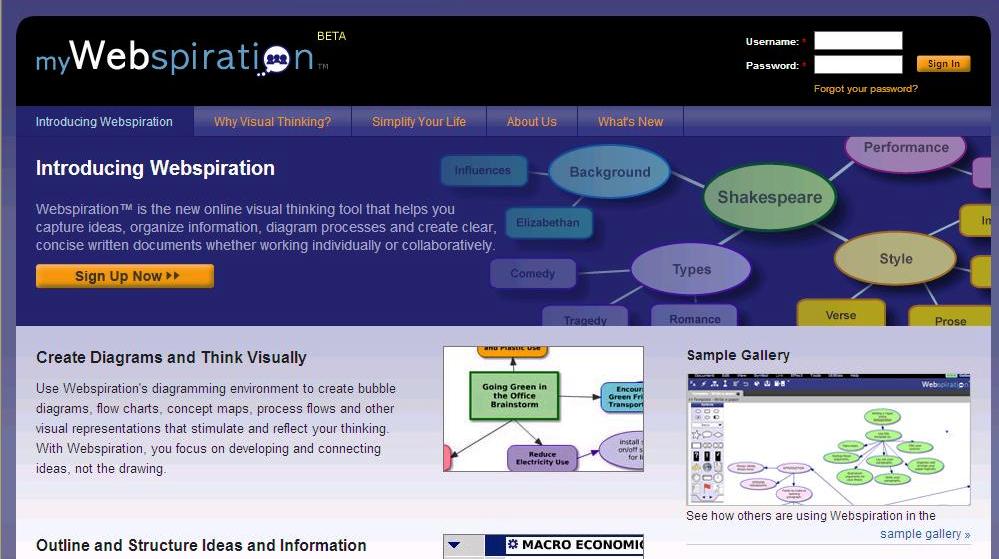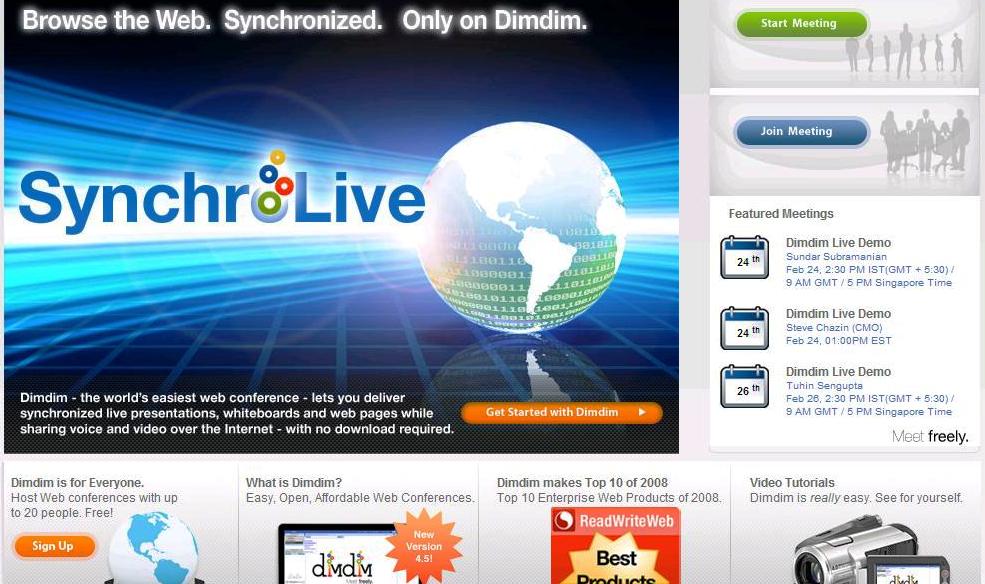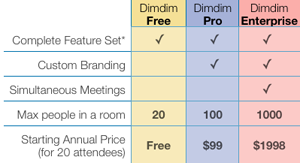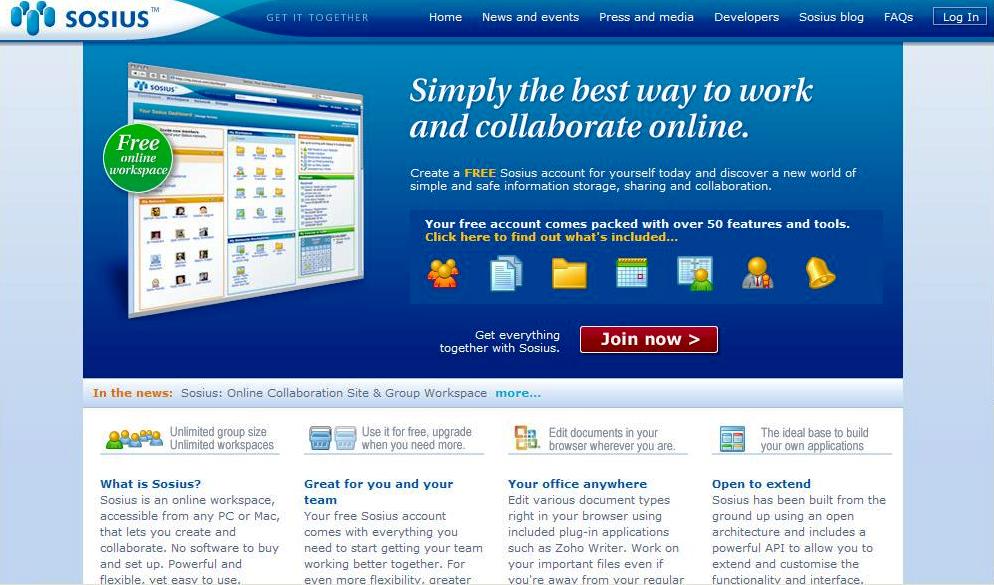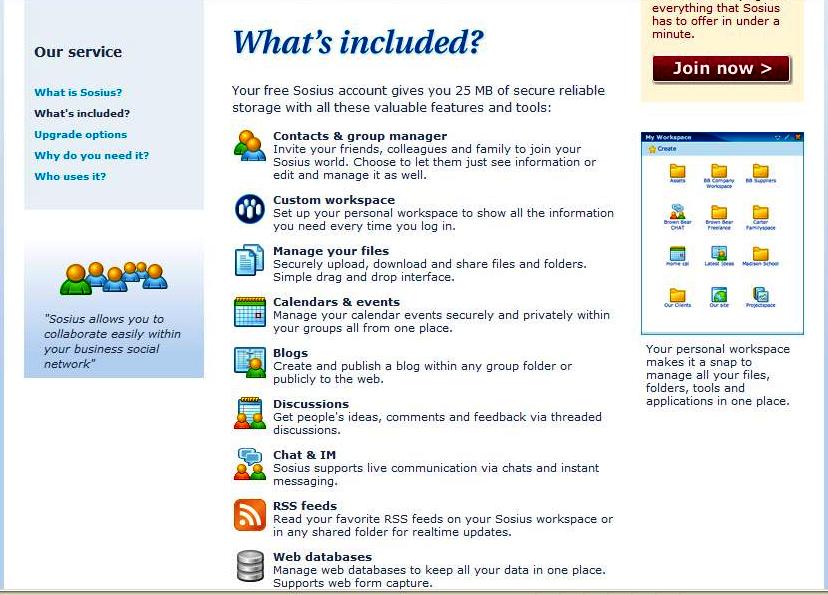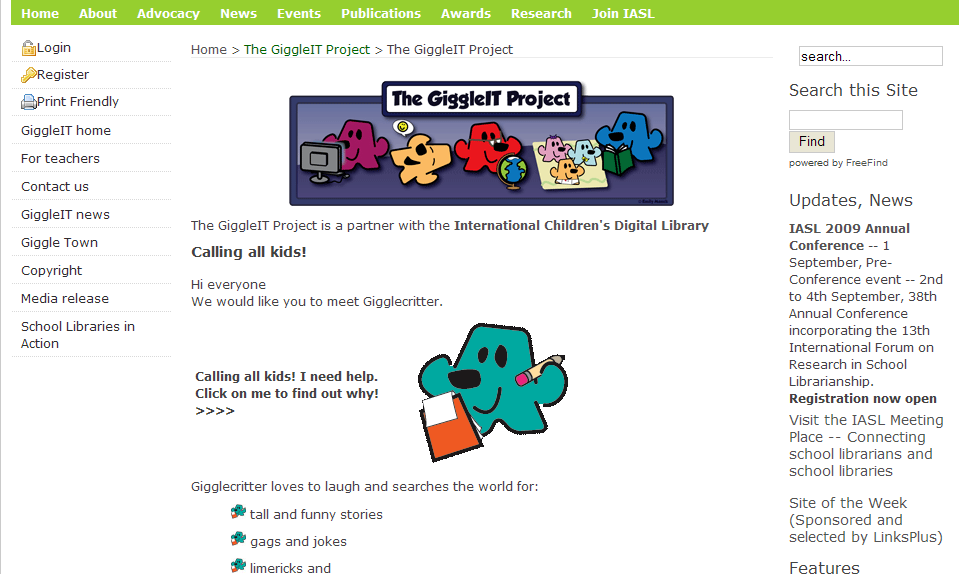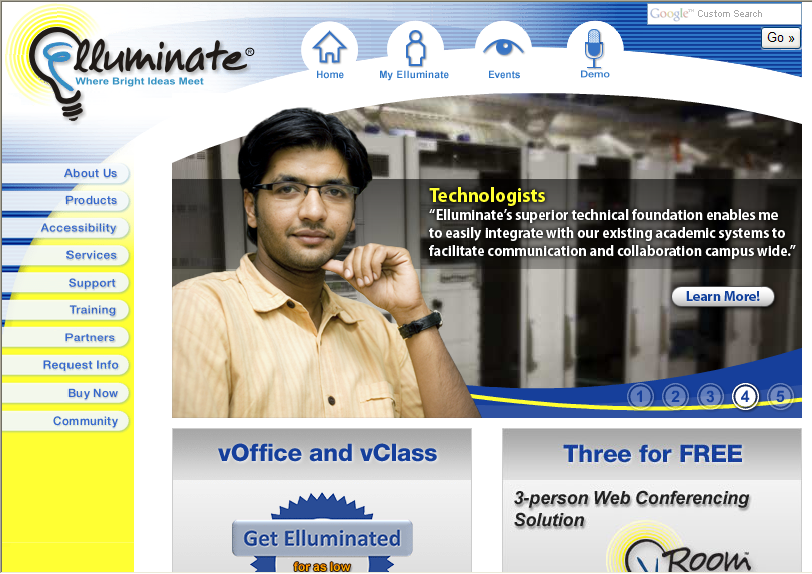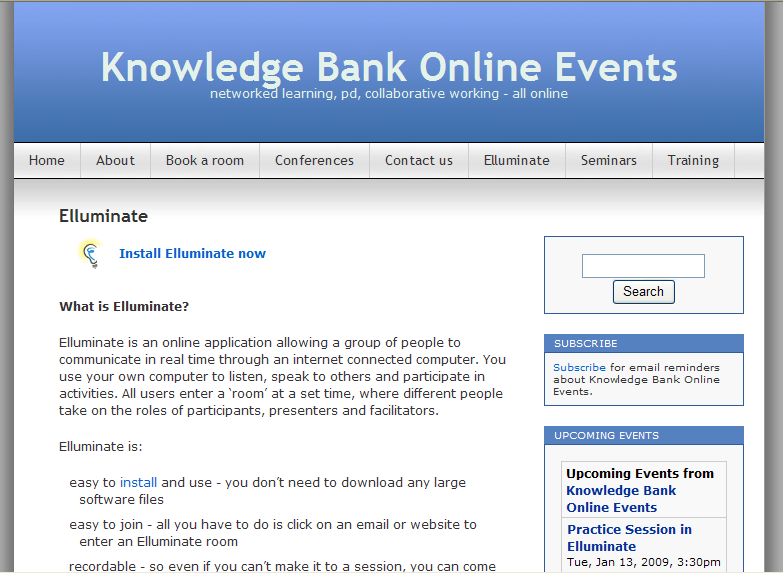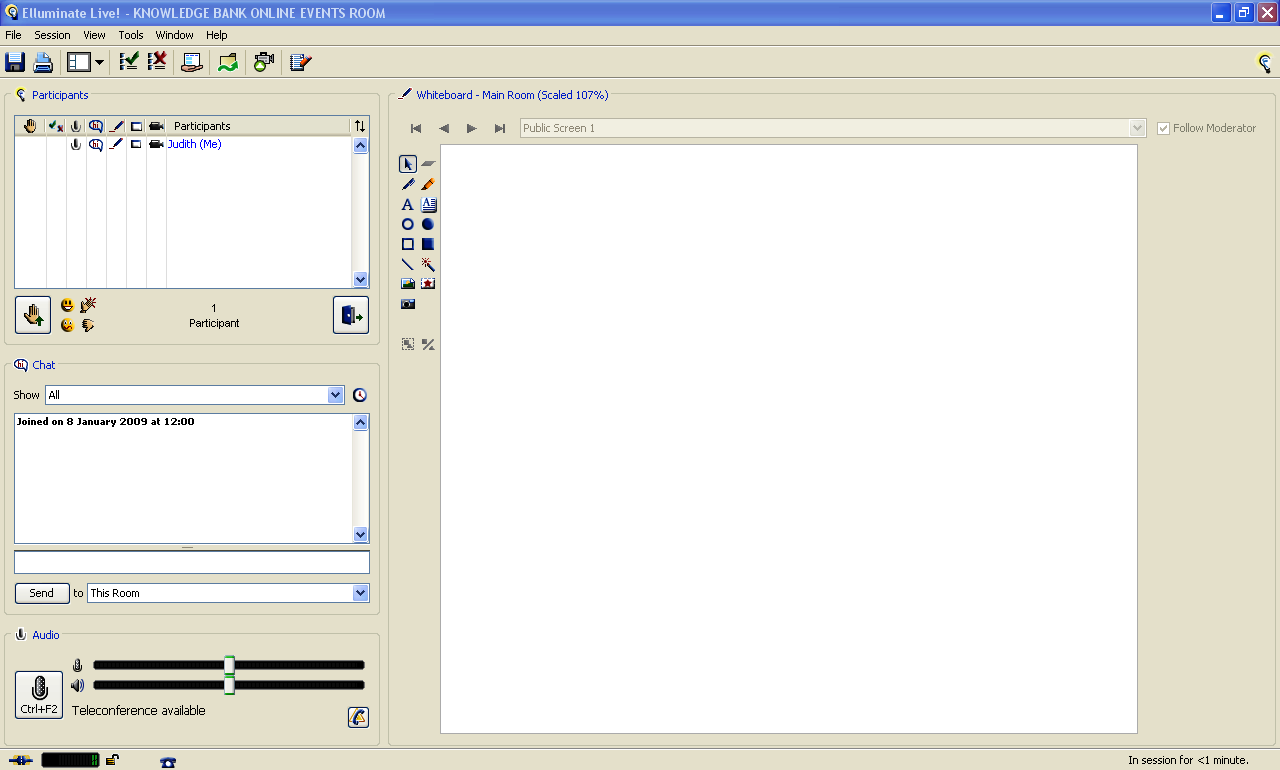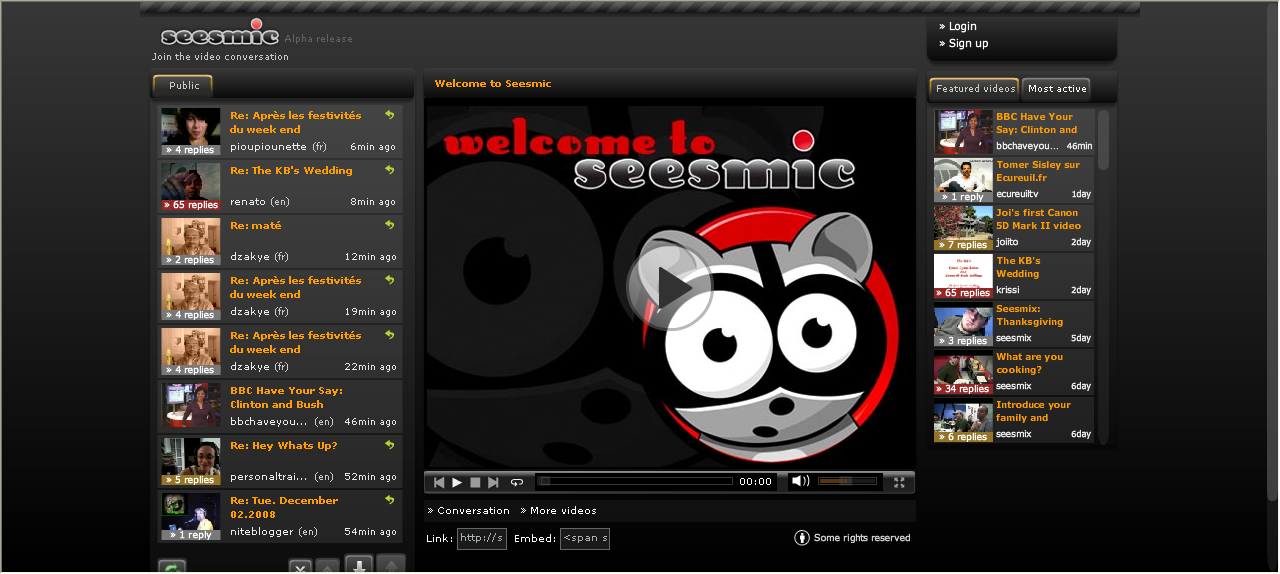Camilla Elliott is a real learning leader. Her blog, Edubeacon has been informing readers for six years now, which is an amazingly long time in the relatively new world of Web 2.0. Camilla explains more about Edubeacon:
Why do we blog? I’ve been blogging at Edubeacon.com since January 2004. The site has gone through a name change and a platform change (starting on Blogger, then migrating to WordPress) but the purpose remains the same. It is a place for reflection; for storing resources with explanatory notes and for sharing with others. Most bloggers will give you the same answer.
‘Edubeacon’ is an extension of my website ‘Linking for Learning’ (L4L), which began life in about 1997 as ‘Staying Connected’ – an accessible place to store study resources. L4L needs some therapy but is a patient companion. I use it to link to my conference presentations and professional writing, thereby saving the odd tree or two and the photocopying budget. It is also an accessible site for beginners seeking resources of relevance to Australian educators.
Blogs, wikis, personal websites and collaborative spaces, reflect the open and sharing nature of the Internet and Web 2.0 resources in particular. Edubeacon serves as one of the cogs in my Personal Learning Network. It provides opportunities for the occasional conversation and has had various changes of pace over the years depending on life’s pressures.
Building a Personal Learning Network is an essential professional activity in this time of constant change. It’s a journey on which we build knowledge, collegiality and understanding with a variety of companions. Blogging on Edubeacon is part of my meandering learning journey.
Thank you Camilla for sharing your learning journey with the readers of Bright Ideas. Edubeacon really is a beacon of blogs; a shining light on technology and education that is thoughtfully researched and written.

